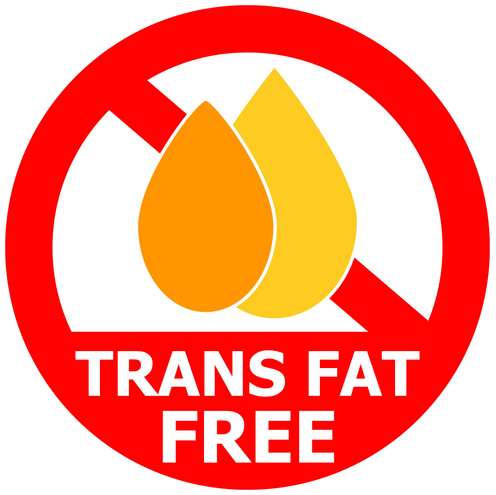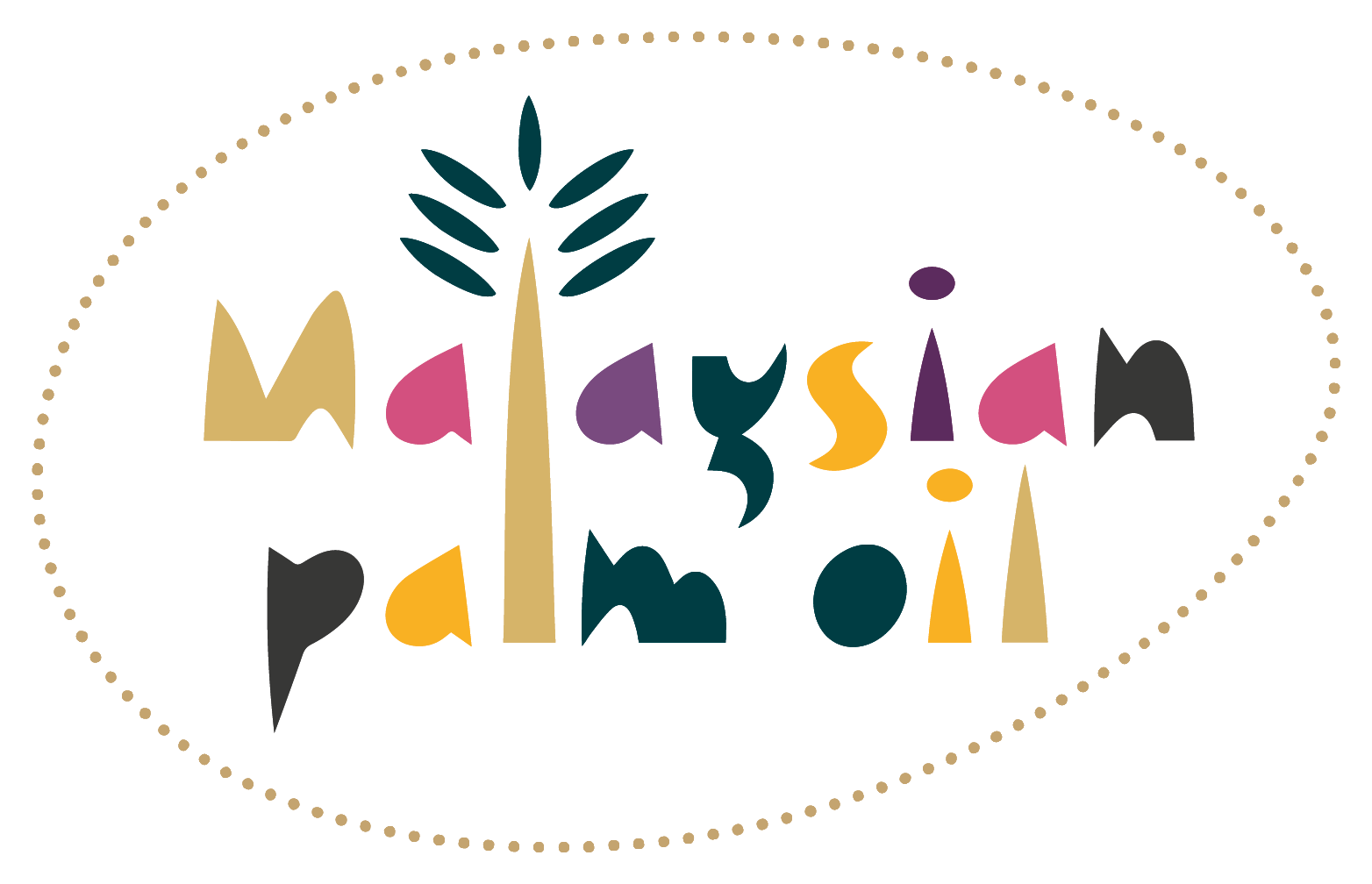Palm Oil and Health
What do you need to know?
Letâs start with some scientific facts about palm oil.
1
Palm oil is a healthy oil.
3
Palm oil is 100% free of trans fats.
Palm oil is NOT a seed oil.
4
5
Palm oil is lower in saturated fats than coconut and butter.
These are facts about the palm oil consumed every day in Europe, America, and around the world.
Palm oil is used as an ingredient in bread, baked goods, cereals, margarine, chocolate and many other everyday products â and all of it is healthy and free of trans fats.
In fact, palm oil today is used as a healthy replacement for the old trans-fat oils, such as Crisco. Palm oil is naturally trans-fat free.
Palm oil has no relation to seed oils. Palm oil comes from pressing the flesh of the palm fruit â just like olive oil comes from pressing olives.
Still not sure?
Listen to the experts, and read the detailed scientific footnotes and dataâ¦
Virgin Red Palm Oil
Virgin red palm oil is another form of palm cooking oil, similar to extra-virgin olive oil. Unlike refined palm oil which is used widely around the world, including in Southeast Asia, China and India, virgin red palm oil is common in Africa and some parts of Latin America but not so much in the West.
– Facts about Virgin Red Palm Oil –
Virgin red palm oil has some of the highest levels of Vitamin E tocotrienols, which have been proven to help protect against cancer and reverse neuro-degeneration
Palm oil is more efficient than any other oil: this means the Vitamin A and Vitamin E nutrients are affordable for poorer countries and vulnerable communities
Experts agree:
Palm Oil and Trans Fats
Palm oil is 100% free of trans fats.
This matters because the US, EU and many others restrict or ban the use of trans fats in food because they are uniquely harmful.
Trans fats are created when a liquid oil (such as rapeseed or sunflower) is transformed into a solid fat by adding hydrogen. Palm oil never needs this industrial process because it is naturally semi-solid.
Trans fats are proven to increase the risk of cardiovascular disease and have also been linked to the development of cancer.
Palm oil provides the ideal solution: free of trans fats, but with the chemical and technical properties to make the same food products â without trans fats, and at a lower price than sunflower and rapeseed oils as well.

The European Food Safety Authority concludes:
âElevated levels of trans fatty acids (TFA) increases the risk of coronary heart disease ⦠TFA intakes should be as low as possibleâ
Palm Oil and Other Oils
Palm oil is NOT a seed oil. As Dr. Jonathan Ellen, former CEO of Johns Hopkins All-Childrenâs Hospital explains:
âPalm oil is a fruit oil. Like olive oil or avocado oils, palm oil is derived from pressing the flesh, or mesocarp, of the fruit once it has been picked from the trees. These are fruit oils, completely unlike sunflower, rape or other seed oils.â
Sunflower, canola/rapeseed and others are seed oils.
Palm oil, like olive oil, is a fruit oil.
Palm oil is also NOT high in saturated fats. Indeed, it is a balanced vegetable oil with 50% unsaturated fats and 50% saturated fats. Hereâs the scientific make-up of palm oil with the alternatives:
50%
Palm oil
60%
cocoa Butter
70%
Butter
85%
Coconut oil
